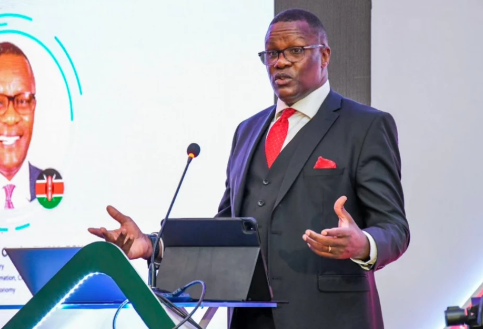The controversial ICT Bill, initially rejected by former President Uhuru Kenyatta, has resurfaced with continued efforts to impose stringent regulations on practicing professionals in the field.
Originally introduced in 2016 by then Garissa Township MP Aden Duale (now Defence CS) and supported by nominated MP Godfrey Osotsi (now Vihiga Senator), the bill proposed mandatory licensing and registration of ICT practitioners by a council.
It also mandated training, registration, licensing, and established standards for practitioners.
Although withdrawn in 2016, the bill resurfaced in 2018 and was presented again in 2020, only to be rejected in 2022, drawing criticism from the ICT community for its perceived attempt to restrict professionals from practicing.
The revived version of the bill still aims to have companies offering ICT services accredited by an authority under the ICT ministry, subject to meeting various requirements. Providers will also be required to pay an unspecified accreditation fee, a contentious issue raised in 2022.
According to the bill, applicants must hold minimum technical qualifications and skills prescribed by the Authority, possess necessary experience in relevant works, and have adequate ICT resources.
The Authority is empowered to revoke or suspend a provider’s certificate under certain circumstances, such as contravening accreditation conditions or conducting business detrimental to public interests.
ICT Cabinet Secretary Eliud Owalo asserts that the bill aims to facilitate the provision of secure, proficient, and high-performing ICT services, aiming to simplify ICT incorporation in public service delivery to enhance accessibility, efficiency, and inclusivity.




